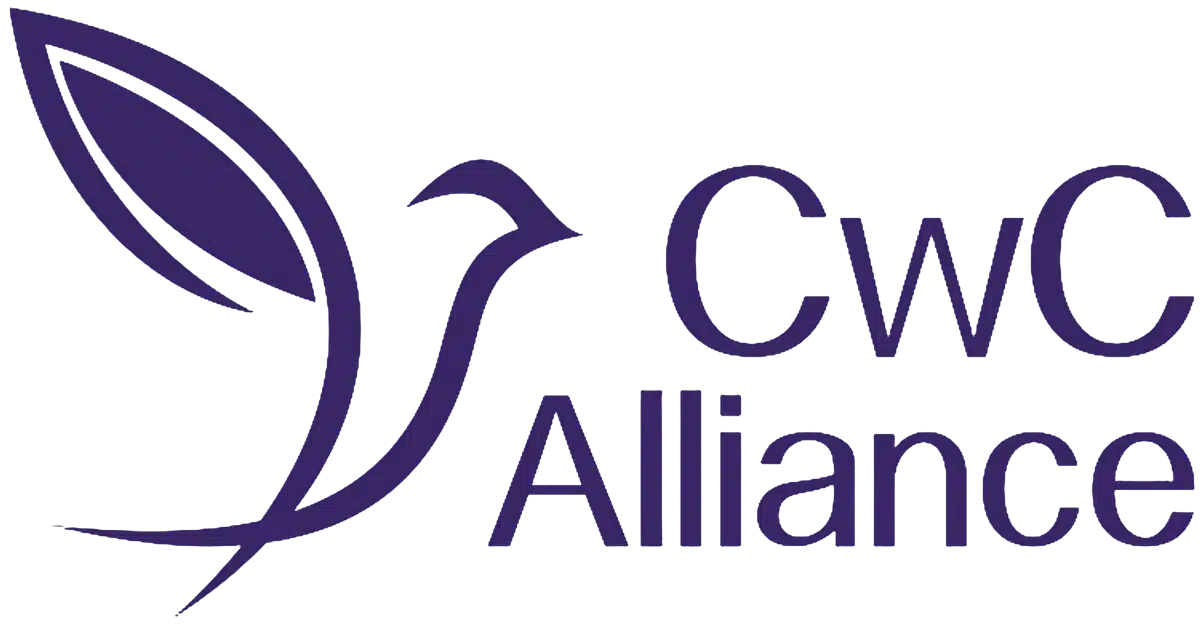Community Resiliency Model
The Community Resilency Model was developed by the Trauma Resource Institute to teach mental health wellness skills. These tools specifically help with anxiety, depression, PTSD and stress. It offers ongoing self care strategies, peer-to-peer support, and effective coping skills to increase resilency.
The Community Resiliency Model (CRM) provides knowledge and skills so individuals can consistently show up as the best version of themselves on any occasion.
CRM offers ongoing self-care strategies, a mechanism for peer-to-peer support, and fosters the ability for individuals to widen their “resilience zone” by using wellness skills learned from the Community Resiliency Mode

The Community Resiliency Model (CRM) provides knowledge and skills so individuals can consistently show up as the best version of themselves on any occasion.
CRM offers ongoing self-care strategies, a mechanism for peer-to-peer support, and fosters the ability for individuals to widen their “resilience zone” by using wellness skills learned from the Community Resiliency Mode
WHAT IS THE TRAUMA RESOURCE INSTITUTE?
The Trauma Resource Institute (TRI) is a nonprofit based in Claremont, CA. Since its founding over a decade ago, TRI has developed two highly effective programs for mental health wellness: Trauma Resilency Model & Community Resilency Model (CRM).
CWC Alliance is proud to partner with TRI to integrate CRM curriculum for Life Care Specialists, medical staff and the BE WELL Programs.
WHAT IS THE TRAUMA RESOURCE INSTITUTE?
The Trauma Resource Institute (TRI) is a nonprofit organisation based out of Claremont, California. Since the founding of TRI over a decade ago, they have worked to develop two models of well being: the Trauma Resiliency Model and the Community Resiliency Model (CRM).
The Christopher Wolf Crusade is proud to use the teachings of the Community Resiliency Model within our Life Care Specialist and Be Well curriculum’s. We believe that mental health and wellness is vital to our mission of reducing opioid use.

